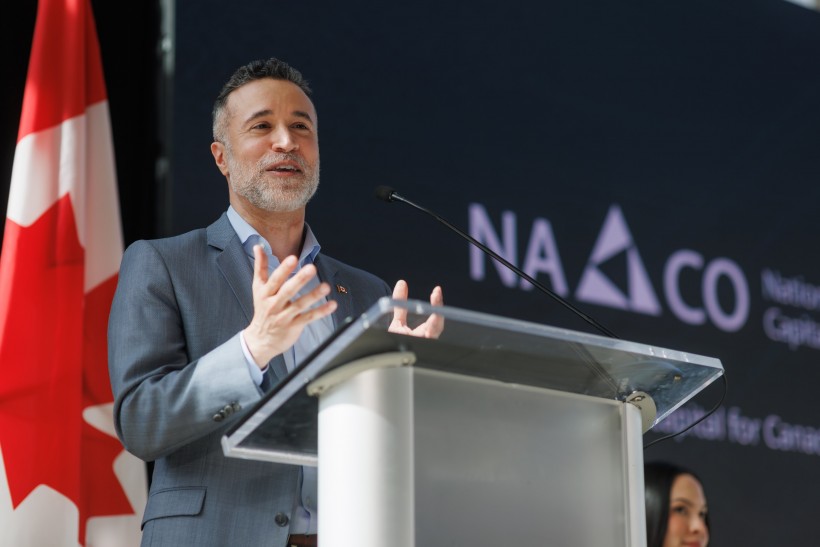NACO Canada has released a new report urging a coordinated national approach to mobilize up to $15 billion in private investment and strengthen Canada’s innovation economy.
Titled A Unified Capital Strategy for a Sovereign Innovation Economy, the report outlines a four-part policy framework aimed at improving access to early-stage financing and reducing barriers faced by entrepreneurs. NACO – the umbrella group for angel investors in Canada – argues that fragmented provincial programs and gaps in early-stage capital continue to limit the ability of Canadian startups to scale and compete internationally.
“When founders spend less time raising, they have more time building,” said NACO Chief Executive Claudio Rojas in a statement. “A unified capital strategy is about empowering our nation’s innovators with the capital they need to compete globally.”
The report calls for four interconnected measures that together would form what NACO describes as a “unified engine for national prosperity.” These include:
- A National Investment Tax Credit, which would increase the supply of early-stage risk capital by encouraging more investors to make initial investments in startups.
- A Sovereign Capital Catalyst Initiative, intended to align capital deployment and ensure companies can access funding at all stages of growth.
- A Strategic Capital Gains Deferral, to encourage successful entrepreneurs and investors to reinvest their proceeds into the next generation of startups.
- An Entrepreneurial Capital Investment Program, designed to strengthen national infrastructure and connect founders with capital more efficiently.
Together, these measures could generate between $10 billion and $15 billion in private investment and create up to 72,000 high-value jobs over five years, according to the report.
The report draws on evidence from British Columbia’s investment tax credit program, which delivered nearly $3 in tax revenue for every $1 in credits issued. It also points to international models in the U.S., U.K., and Israel, which invest a larger share of GDP in venture capital compared to Canada.
Despite recent growth in venture funding, NACO says systemic weaknesses in early-stage financing continue to undermine productivity and global competitiveness. Achieving venture capital intensity on a par with countries like Estonia or Israel, it says, would “radically transform the structure of Canada’s economy.”
The organization is urging federal policymakers to use the upcoming 2025 budget as an opportunity to implement a unified capital strategy. “As global competition for innovation capital and talent accelerates, Canada must act decisively,” the report concludes. “To maintain economic independence and remain a magnet for talent and investment, we must move beyond fragmented provincial programs toward a coordinated national approach.”








